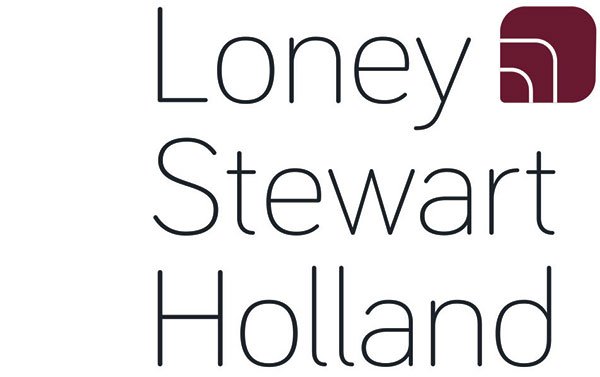COVID-19: Construction Disputes – The Brewing Storm
The global COVID-19 outbreak and its aftershock remains the hot topic in every field of life and business. Since being declared a global pandemic in March 2020, it has had a profound impact on the entire economy.
The construction sector has been particularly heavily hit, with lost output on some estimates expected to take at least 2 years to recover. Many major players announced immediate site closures following, or even before, the UK lockdown ordered on 23 March 2020. Others attempted to keep working but, heavily weighed down by supply chain shortages, cash flow challenges, social distancing requirements and transportation difficulties. Even the most determined have been, and will continue to be, affected.
How might this affect you?
The closures and suspensions to date coupled with anticipated turbulent market conditions for the foreseeable future have and will continue to result in serious friction, not least claims for payment and disputes concerning who should bear responsibility for project delays. Delays and payment issues were already a common and often extensively litigated issue in the construction sector, which will be substantially exacerbated by the impact of the pandemic at every level of the work chain – ranging from contractors facing crippling liquidated damages clauses and employers or consumers facing escalating interest or rental costs as a result of builds not being completed on time coupled with fluctuating asset values and rental yields. Responsibility for delay can result in challenging and complex legal disputes at the best of times. Those caused by COVID-19 are unlikely to be any easier.
In addition to the obvious and likely issues surrounding delay, many other disputes may well become commonplace - such as supply disputes concerning the availability or effective provision of materials, labour or professional services; disputes between shareholders, directors or business partners surrounding the viability of plans and how the business should be run to weather the storm; and cashflow problems leading to insolvency issues which may result in winding up petitions and injunctions needing to be dealt with.
Examples of more specific issues that it is anticipated will arise are:
Whether the pandemic entitles a party to an extension of time and/or to claim loss and expense under the contract, force majeure provisions and the law of frustration, the enforceability of any waiver/forbearance and so on;
The administration of the contract and whether this has and continues to be done in a reasonable and effective way, including the issue of timely instructions and certifications;
Failures to complete works in a proper and workmanlike manner and in accordance with contract documents as a consequence of communication breakdowns/projects being rushed;
Non-compliance with instructions and the implications;
The availability and enforceability of collateral warranties from sub-contractors;
The availability, scope and responsiveness of insurance – the current business interruption cover litigation being only one example as shown here;
The Identification of strategies or remedies within the contract such as postponing, suspending or terminating works, allowing partial position or early use or engaging alternative suppliers;
The consideration of jurisdictional and procedural strategies including whether the contract allows/prescribes adjudication or arbitration, ascertaining court lists not subject to serious delays and the judicious use of insolvency procedures – such as statutory demands to force payment and administration to obtain shelter;
What’s next?
With lockdown measures now easing the Construction Leadership Council (“CLC”) published its "Roadmap to Recovery – An Industry Recovery Plan for the UK Construction Sector" on 1st June 2020 setting out proposals to drive the recovery of the UK construction industry post COVID-19.
Whilst the CLC Roadmap highlights the importance of avoiding disputes and seeks to encourage those in the sector to commit to the RICS developed Conflict Avoidance Pledge, the ramifications of the pandemic are likely to lead to a rise in litigation and other forms of dispute resolution for a prolonged period. This, coupled with reports that there is already a significant backlog within the civil justice system, means it is currently uncertain how readily available historically common legal strategies will be for those in the construction industry. Fact specific creative, practical and cost effective strategies will need to be devised and implemented.
How can we help?
Our lawyers are here to give pragmatic and technical guidance to help employers, contractors, suppliers and construction professionals navigate the new normal. With bases in Bristol & London and national reach, Loney Stewart Holland LLP is a specialist commercial dispute resolution practice with particular expertise in the construction arena. We work with the full spectrum of businesses and individuals offering clear, cost effective and practical advice tailored to your specific situation. Please visit our website at https://www.loneystewartholland.co.uk/ or contact Jaime Davis for further details on our team and the services we offer.
Jaime Davis
M: 07830 668265
